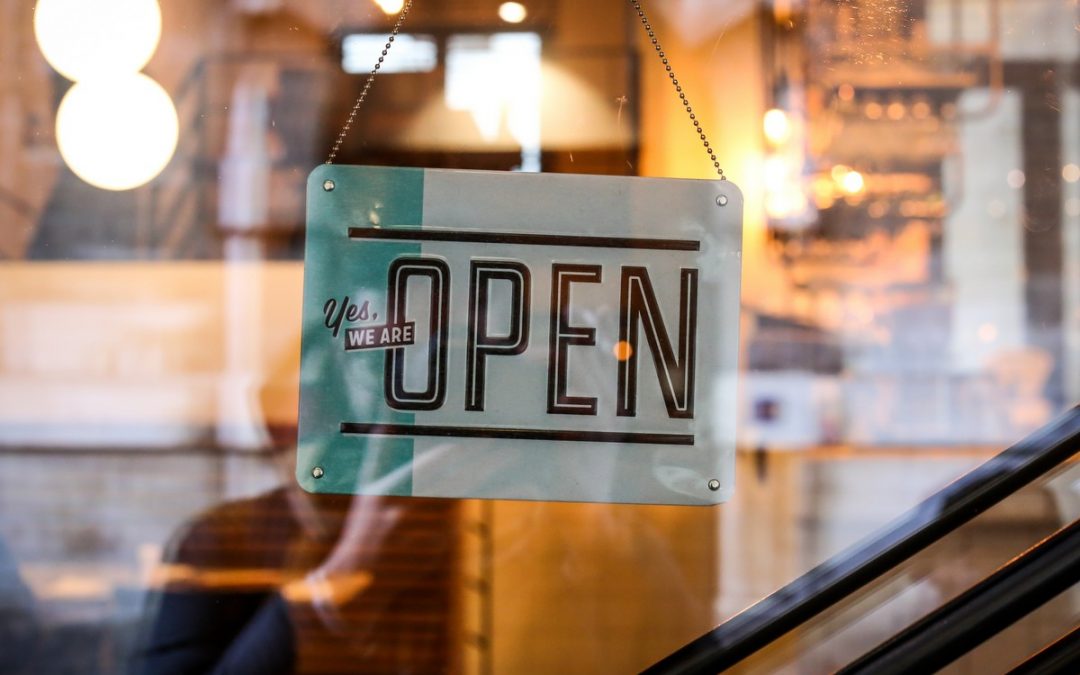Maintaining uptime is good for business— and good for your bottom line. Gartner reports that, according to industry surveys, the average cost of downtime is $5,600 per minute. That means an hour of downtime for the average business would cost $336,000. In reality, not all outages last an hour, and different businesses experience different losses. To provide a clearer picture of downtime costs, Avaya researched the range of downtime costs, estimating it typically between $140,003 and $540,358 per incident.
If you think this is a little on the high side, consider all that you have to pay for when your IT network goes down:
- Network failure means your point of sale system (POS system) isn’t operable, which means you need to close your doors or revert to a manual process that will drive some customers away.
- In addition to lost sales, you are getting little or no return for labor costs during an outage.
- You are also paying the same during downtime as during uptime for IT assets, cloud solutions, and services.
- Chalk a part of the cost of an IT outage up to the time it takes to figure out what’s wrong and fixing it, possibly bringing in a technician or third-party provider.
- The cost of an outage isn’t over when uptime is restored. At that point, you need to pay labor to input data collected manually, ensure all records are up to date, possibly follow up with customers who need to complete their transactions, and perhaps pay overtime to get your business back to where it needs to be.
If you want a better idea of what downtime costs your business, you can use an online downtime cost calculator.
How to Ensure Business Uptime
Fortunately, there are solutions that keep your POS system running when internet connectivity goes down — and prevent you from reverting to “cash only” or putting the “closed” sign on the door.
A backup internet solution uses cellular service when primary service is disrupted, enabling you to continue to ring up sales on your POS system. You can also back up your credit card reader by defaulting to cellular service or a hardwired dialup system. These solutions are secure. They provide service through a dedicated network, and they’re compliant with the Payment Card Industry Data Security Standard (PCI DSS). Backup internet solutions are also scalable — it’s easy to cover additional POS systems or even additional locations as your business grows.
One of the best parts about this technology is that it is fully managed and automatic, so when you need backup service, it’s there. Your system will alert you that you have lost your primary internet service so you can take steps to restore it. Until then, your backup service has you covered. You can just focus on your customers, providing great experiences, building loyalty, and maximizing revenues — not whether your internet service is going to fail.
For more information on ensuring continual uptime with backup internet solutions, contact the experts at PlazSales.
To help pizzeria owners, pizza point of sale (pizza pos) is more than just a cash register or adding machine — it’s a hub where you can manage your entire business.
Pizza shops have long managed their business in the traditional, manual manner. Much like pizza itself, why stray too far from what has worked? This may mean using pen and paper to order ingredients, taking down orders over the phone. You may be using a non-integrated payment system to swipe credit cards. But that means workflows that take extra time through a shift and at the end of the day. Modern customers want the convenience of online ordering and payment. And like customers always have, they still expect prompt service and their food served warm and tasty as ever.
With Pizza POS, you can streamline your operations to reduce waste. It’s a win for everyone: The more efficiency you can build into your business, the more successful you will be at keeping your customers and employees happier.
Pizza POS Features
Point of sale systems for pizzerias are unique among those for other restaurants and businesses because pizzerias are a different kind of operation. Pizzas are almost endlessly customizable in a way that other restaurants are not expected to deal with. How big of a pie does a customer want? Which certain toppings only go on which certain halves? It’s easy for a mix-up or misunderstanding to occur when relaying these orders verbally and recording them manually. Better to have a system that is designed and optimized for these specific kinds of orders.
Pizza POS systems need to give your business these capabilities:
- Modify options for size and toppings on pizzas. When the menu changes, the system can easily adapt as well.
- Inventory management that lets you know exactly what you have, how much you use, so you never run out of ingredients while reducing food waste.
- Online ordering to suit busy customers’ schedules and for added convenience.
- Delivery management to provide your delivery drivers with directions and constant traffic updates to get them where they need to be on time. You can also let your customers know when their delivery is dispatched so they aren’t left guessing.
- Loyalty program features to keep your customers coming back by rewarding them for doing so. The right pizza POS system will allow you to digitally manage your customer accounts and rewards with ease.
- Customer relationship management (CRM) that allows you to optimize your sales and marketing campaigns, forecast future sales, and automate simple digital features to leave your staff more time for complex tasks.
- Integrated payments — no longer take that extra time at the end of the day to do your payment reports.
- Offline mode for business continuity, even if your network connection is interrupted
- Reporting that provides you with visibility into what your customers are ordering, their preferred methods of payment, the times the rush comes in, and track labor hours and employee performance.
Just What You Ordered
In this day and age, pizzerias face steep competition and small profit margins. To keep operating while making a profit, you need the ability to operate efficiently and build a base of loyal customers. When it comes to optimizing your business, in all specifics unique to pizzerias, pizza POS can help.
To learn more about point of sale systems that help pizzerias run efficiently and profitably, contact PlazSales.
For more tips, information, and insights, subscribe to our blog. It only takes a few seconds to subscribe by entering your email address.


Recent Comments